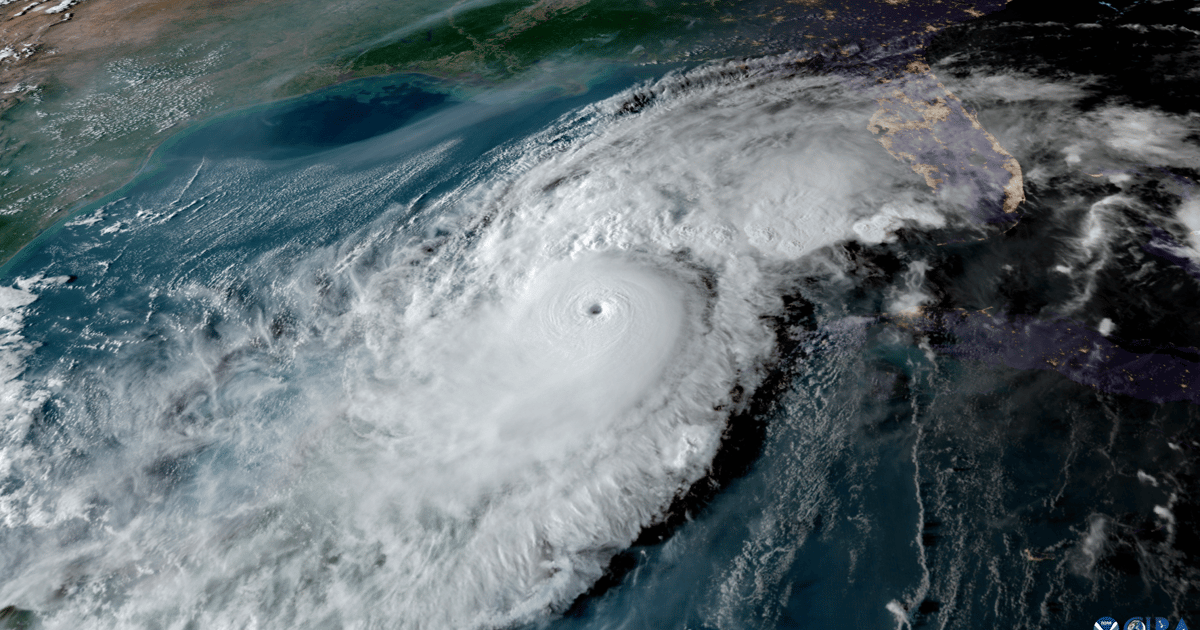
It seems we are going to participate in another “above average” Atlantic hurricane season, according to weather experts.
Researchers from the tropical cyclone, radar, atmospheric modeling and software team at Colorado State University have Posted their good early predictions For the hurricane season, which starts on June 1 and lasts until November 30, with storms usually peaking in August, September and October.
In 2025, weather observers predict that a total of 17 named storms will develop in the Eastern Atlantic and Caribbean Sea, affecting the islands there, as well as other coastal areas in Florida and the eastern U.S.
Forecasters expect nine of these storms to become hurricanes, with four gradually developing into major hurricanes of 111 miles per hour.
If the case is the case, the 2025 season will be less intense than last year, with a total of 18 named Storms and 11 hurricanes, five of which became the main hurricanes. Report CBS News. (Satellite imagery of Hurricane Milton is one of the most powerful and destructive Atlantic hurricanes of 2024, which is shown at the top of this page.
But this year’s hurricane season is still likely to be much higher than the 1991-2020 average, CSU’s analysis noted. During that time, the region usually experienced 14 cyclones called Storms and 7 hurricanes in one season.
According to the CSU team, the main factor is above average sea surface temperatures as warm sea water burns the hurricane. The Atlantic Ocean is not as hot as last spring, but the ocean is still warmer than usual, so there is more expectation for storms than normal people.
The possibility of experiencing El Niño in the Atlantic often undermines hurricanes, another contributing factor to the 2025 forecast.
The U.S. government’s National Oceanic and Atmospheric Administration (NOAA) usually releases its own forecast for hurricane season in May. But the agency’s recent massive layoffs Ordered by the Trump administration People are raising concerns about whether layoffs will harm the quality and accuracy of NOAA’s extreme weather forecasts.
Travelers planning to visit the Caribbean Islands in the eastern U.S. or coastal areas of the eastern U.S. during hurricane season, especially during late summer and early fall, can read bad weather safety tips such as the news American Red Cross.
The risk is reduced if you plan to take a vacation in a Caribbean resort that will almost never be hit by a hurricane. Here is a list of Caribbean Islands without hurricanes.
